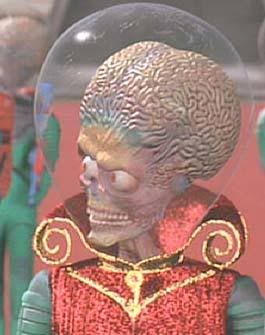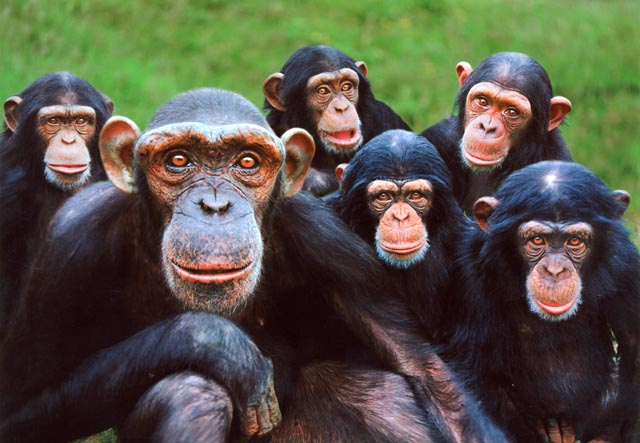The idea that the legend of Martians on Mars is actually true has taken a further blow as the building blocks of life, which are present on the red planet, did not actually come from any life forms. Granted, it was a long shot in the beginning, but it’s nice to have a little bit of faith in these things. It allows us to make lots of bad Sci-Fi films.

Anyway, the journal Science published its findings about the building blocks of life on Mars. Carbon is required for life on the red planet, the green planet, our planet, and any other planet that hopes to support life as its the main organic molecule that makes up practically everything. If you’ve ever taken a class in chemistry then you’ll realise just how often carbon pops up.
The scientists from Washington D.C. who ran their research from the Carnegie Institution for Science discovered that Mars actually has lots of reduced carbon. Reduced carbon is actually a different form of carbon. To put it simply, reduced carbon is a molecule that’s bonded either to a hydrogen atom or to itself. I’m not going to go into exactly how bonds work or anything, the point is that these are much smaller molecules as carbon normally has four bonds to utilise.
Ok, we’ve answered that. But does it answer the claims by geeks all around the world that Martians on Mars isn’t just a fantasy? In a way it does as this carbon was found to have been produced by volcanic activity. And that’s certainly possible since Mars has the largest known volcano around. On a side note, to give you a sense of scale of Olympus Mons (latin for Mount Olympus) it’s nearly three times the size of Mount Everest when it’s above ground level. Furthermore, it has a large moat surrounding its base that’s thought to be there due to its weight pressing down on the surface of the planet. But the truth is that there are other smaller volcanoes on the red planet as well.

It doesn’t mean to say that life on Mars doesn’t exist as this is only a small sample, but it does hit that myth and reduce its credibility significantly. What this research does mean, though, is that there could have been life on Mars at some point. It also tells us that life could exist on Mars in the future. And that’s something to be happy about as it’s always been one of those space possibilities of tomorrow.










